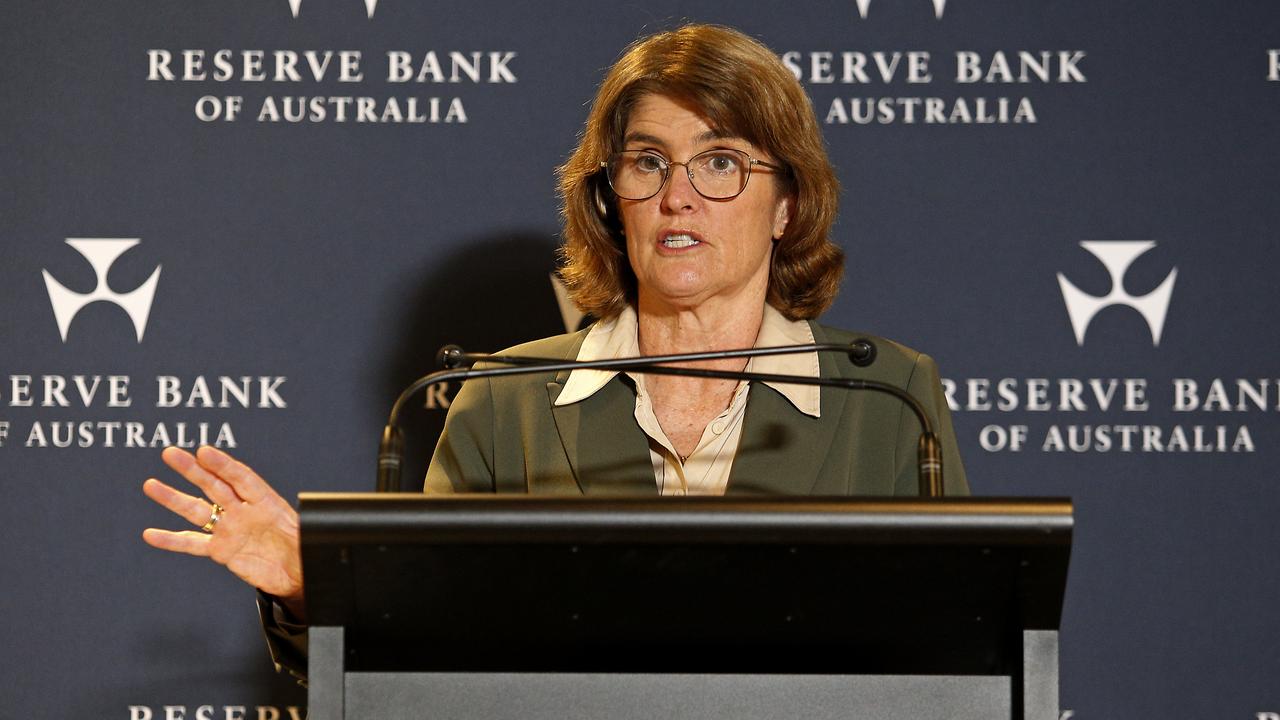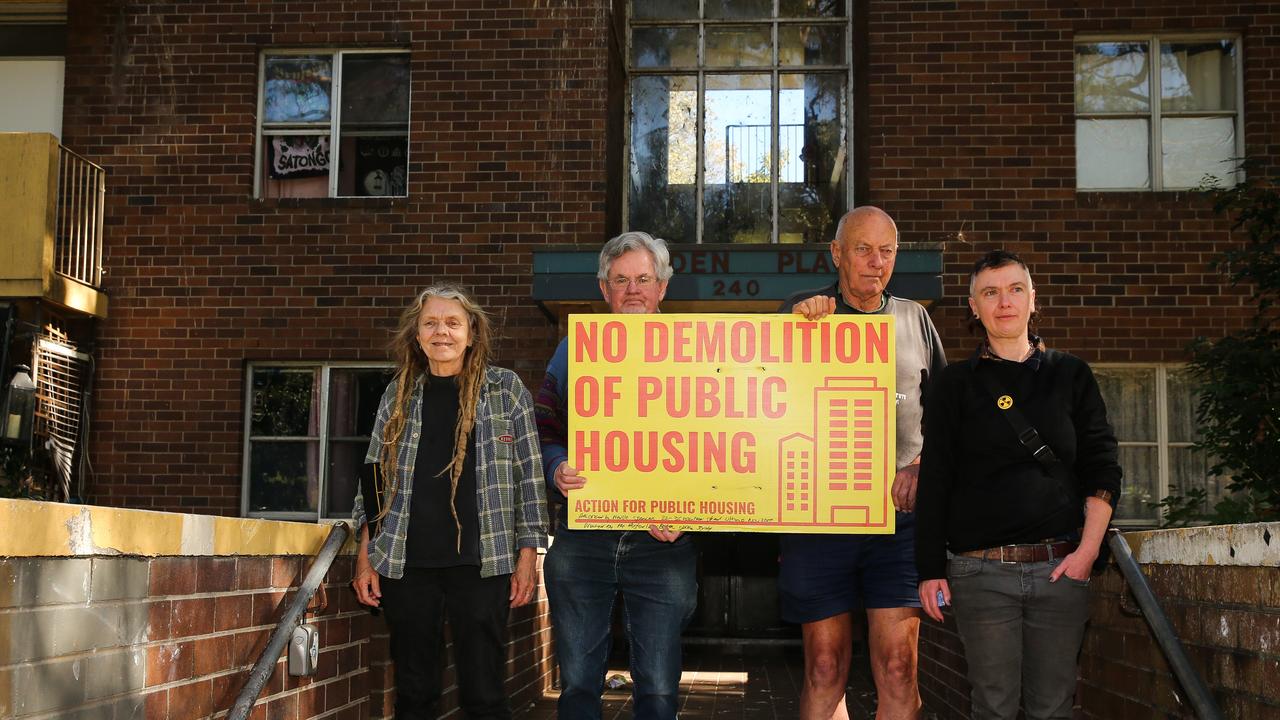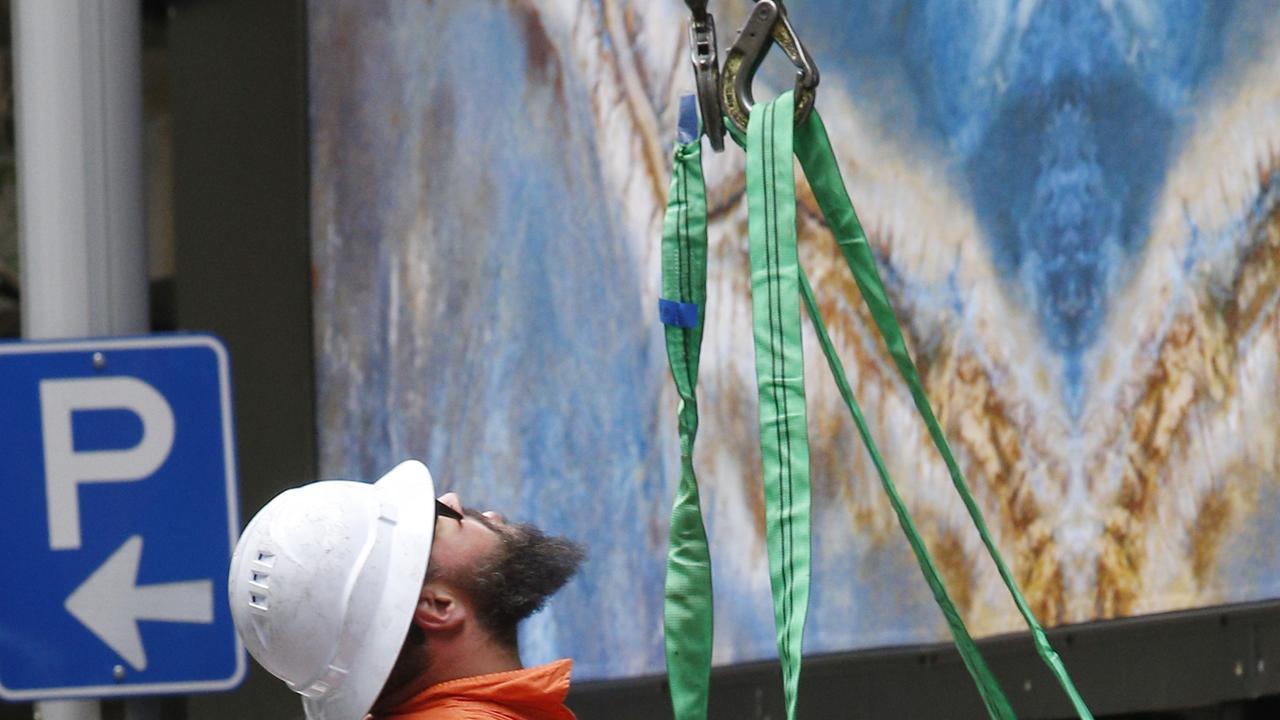RBA shifts blames for Australia’s rental crisis
The RBA is shifting the blame for the rental crisis, saying Australia needs more of this to solve the issue.
A lack of supply is behind Australia’s housing crisis, a Reserve Bank of Australia report finds.
The RBA firmly blames a lack of housing – and not rising interest rates – for Australia’s housing woes.
RBA report authors Declan Twohig, Anirudh Yadav and Jonathan Hambur argue that while the popular notion is to blame rising interest rates, landlords are unlikely to pass the costs on to tenants, even after the RBA lifted interest rates 13 times in 18 months.
“The largest estimate suggests that direct pass-through results in rents increasing by $25 per month when interest payments increase by $850 per month (the median monthly increase in interest payments for leveraged investors between April 2022 and January 2024),” Mr Twohig writes in the report.
Instead, the RBA points the blame directly at a lack of housing supply in comparison with rising demand for rental properties.

To see whether investors just pass through rate changes to their tenants, the RBA compared charges in rental income for investors with different levels of debt.
“Our estimate suggests that this $850 increase in interest costs would have raised rents by less than $10 per month or just over $2 per week,” Mr Twohig continued.
The report comes as tenants across Australia are forking out an extra $50 a week to pay their rent compared with 12 months ago.
And it’s $50 too much for many renters who are increasingly fleeing capital cities or sacrificing living on their own and moving into sharehouses.
PropTrack figures reveal the national median weekly rent increased from $550 to $600, or 9.1 per cent, in the 12 months to June this year.
PropTrack director of economic research Cameron Kusher said rents had risen so much higher than people’s incomes had improved that many tenants didn’t have the capacity to pay those prices anymore.
“They’re looking at cheaper alternatives. They’re looking at shared housing and other things. If they’ve got family nearby, maybe they’re moving back in with their family,” Mr Kusher said.
“I just don’t think that people have the capacity to pay some of the rent anymore, and that’s why we’re seeing the rental growth slow.”

Build bigger
The Business Council of Australia (BCA) is urging state governments and local businesses to build more high-density housing options to ease pressure on tightening rental supplies.
For cities like Sydney and Melbourne, the BCA said implanting more medium and high-density housing options around transportation and service hubs was key to addressing the supply challenge.
“We need state and territory governments to unlock more land for more homes in cities and towns across Australia so we can fix this supply crisis,” ” BCA chief executive Bran Black said.

Taking inspiration from our New Zealand neighbours, the BCA said Australia could build its way out of the housing crisis through high-density dwellings.
In 2016, Auckland rezoned about three-quarters of residential land, and a massive increase in home building followed. A report shows that this has contained the cost of housing in the long run, improved affordability, with rents at least 26 per cent below what they would have been without the rezoning, and stabilised long-term dwelling prices
The federal government is targeting 1.2 million new dwellings under the National Housing Accord over the next five years, but BCA and Master Builders Association warn the target could already be slipping out of reach on persistent and rising cost pressures in the building industry.
Australian Bureau of Statistics figures for dwellings completions over the 2023-2024 financial year reveal that 176,000 new homes were built in Australia, about 64,000 short of what is needed each year to reach the government’s target.
“Put simply, we need to build enough homes where people want to live, so until we fix that problem, it will be very hard to hit our housing targets – building a home in the right place is as important as building it at all,” Mr Black said.



